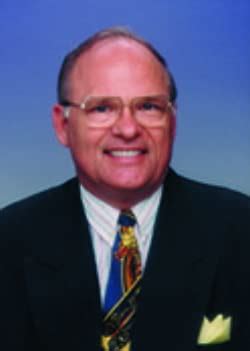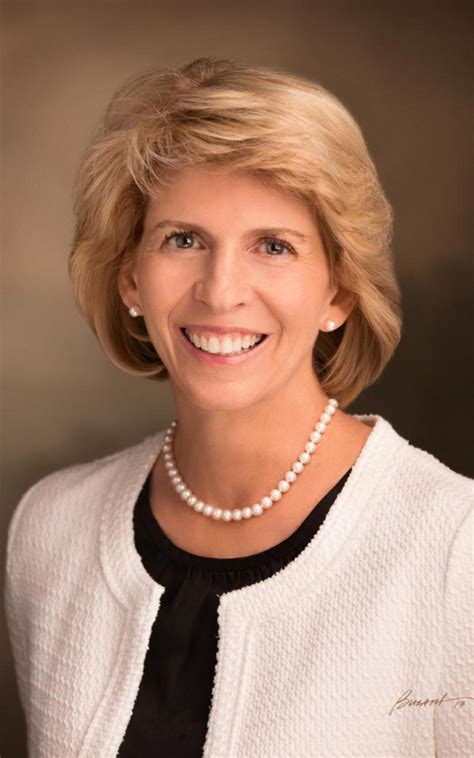A Quote by Thomas S. Monson
"President Monson, I may never see the Prophet. I may never hear the Prophet. But President, far better, now that I am a member of this Church, I can obey the Prophet."
Related Quotes
When called to the Council of the Twelve, October 4, 1963, he said in the Salt Lake Tabernacle: I think of a little sister, a French-Canadian sister, whose life was changed by the missionaries as her spirit was touched. As she said good-by to me and my wife in Quebec, she said, "President Monson, I may never see the Prophet. I may never hear the Prophet. But President, far better, now that I am a member of this Church, I can obey the Prophet."
The Book of Mormon is a second witness of Jesus Christ and a manifestation of the truthfulness of the Prophet Joseph Smith. I love the Prophet Joseph. I love President Gordon B. Hinckley, who is the prophet of God and holds all the keys of the kingdom at this time, keys which prophets have held in uninterrupted succession since Joseph Smith.
In a world threatened by a famine of righteousness and spiritual starvation, we have been commanded to sustain the prophet. As we give heed to, uphold, and affirm prophetic word, we witness that we have the faith to humbly submit to the will, the wisdom, and the timing of the Lord. We heed prophetic word even when it may seem unreasonable, inconvenient, and uncomfortable. According to the world’s standards, following the prophet may be unpopular, politically incorrect, or socially unacceptable. But following the prophet is always right.
May we incorporate into our own lives the divine principles which he Joseph Smith so beautifully taught by example, that we, ourselves, might live more completely the gospel of Jesus Christ. . . May our lives reflect the knowledge we have that God lives, that Jesus Christ is His son, that Joseph Smith was a prophet and that we are led today by another prophet of God - even President Gordon B. Hinckley.
An unusual thing happened after that great first vision. The Prophet Joseph received no additional communication for three years. However, he did not wonder, he did not question, he did not doubt the Lord. The Prophet Joseph patiently waited. The Prophet Joseph taught us the principle of patience-by example.
Prophecy and prescience - How can they be put to the test in the face of unanswered questions? Consider: How much is actual prediction and how much is the prophet shaping the future to fit the prophecy? What are the harmonics inherent in the act of prophecy? Does the prophet see the future or does he see a line of weakness, a fault or cleavage that he may shatter with words or decisions as a diamond-cutter shatters his gem with a blow of the knife?
President Hinckley is not only a living prophet but also a living seer. He sees things that others do not see. He has the gift of discernment; he is an optimist and a realist. . . . Through President Hinckley's divine guidance, the Church has received many far-reaching blessings, many that are not obvious. I strongly encourage each of you to more closely follow his counsel and guidance, for truly 'a seer hath the Lord raised up unto his people' (Moses 6:36).



































